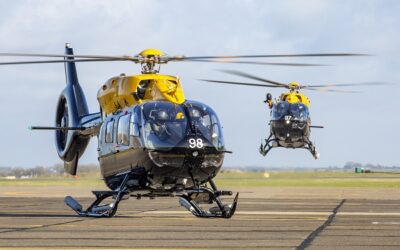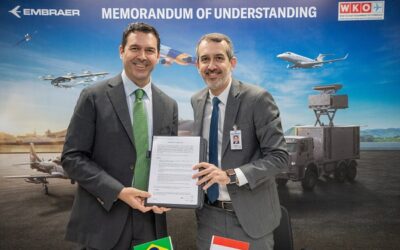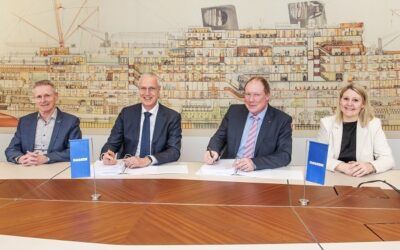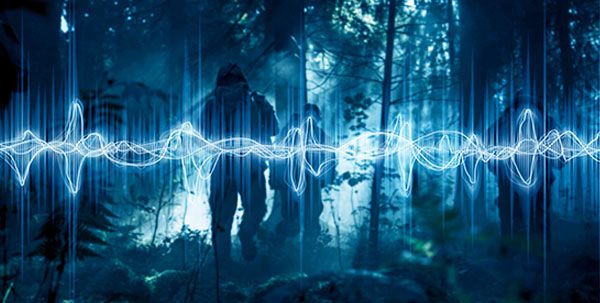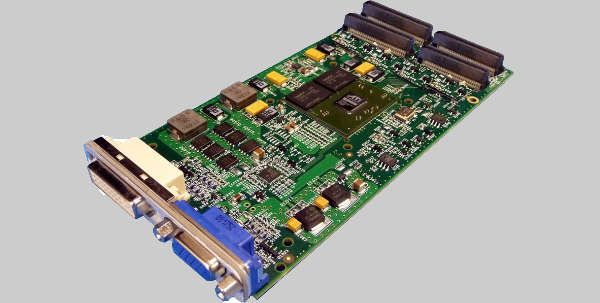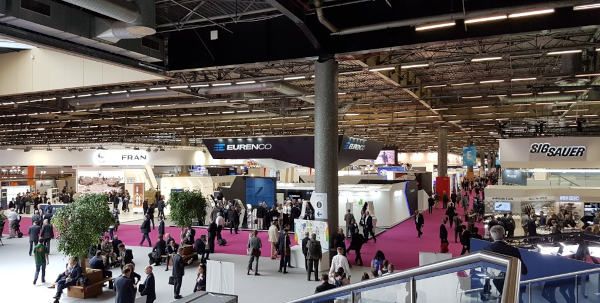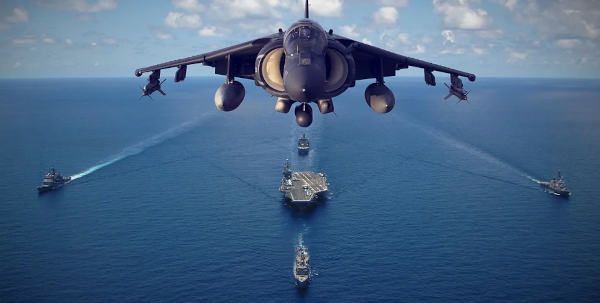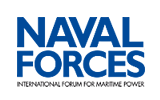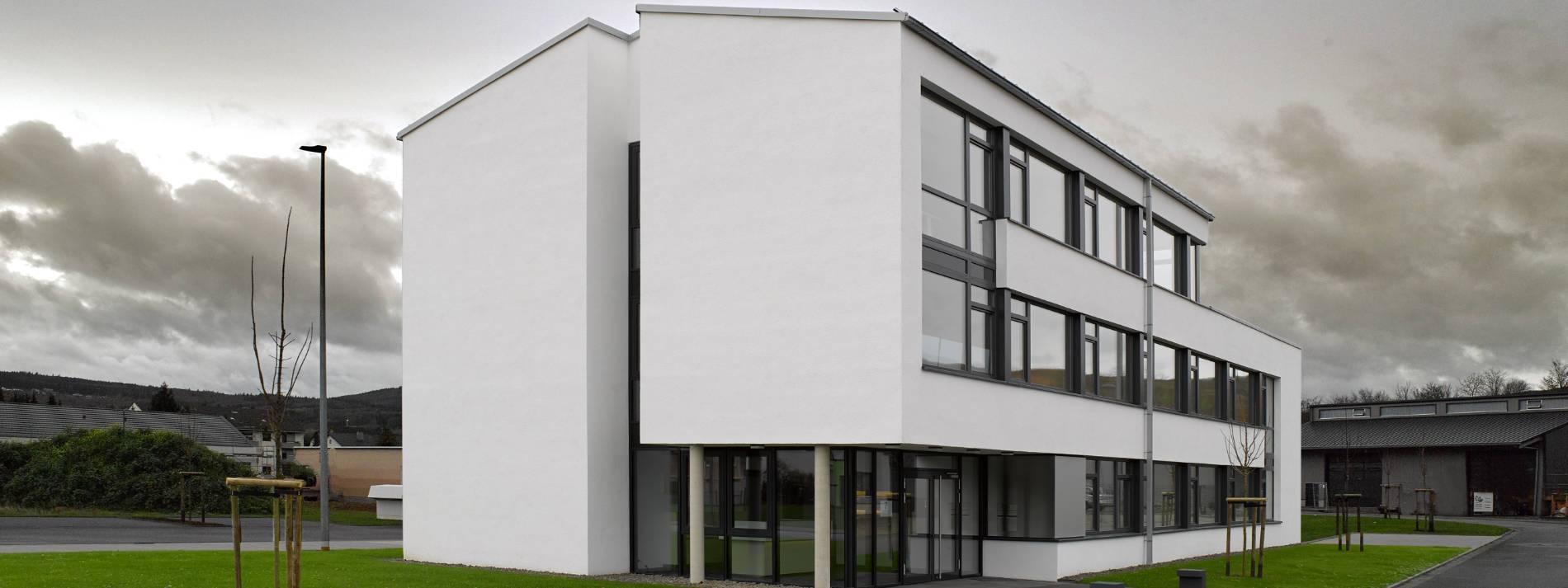Copper Alloys’ new a range of superior wrought copper-nickel and copper-nickel/aluminium bronze hybrid alloys
During Sea Air Space 2018, MONCh came across Copper Alloys and sat down to discuss with Ben Turner, Marketing and Sales Manager, its Elite Alloys, a range of superior wrought copper-nickel and copper-nickel/aluminium bronze hybrid alloys that address the issue of corrosion for submarine sea water systems, including the valves and pipes used to cool-down nuclear-powered submarines.
Back in the 1990s, the British Ministry of Defence (DoD) gave $20million to forging companies to make a batch of wrought copper-nickel-chrome. The experiment failed, however, as billets were breaking up on forging, and the project was abandoned. It is only five years ago that Copper Alloys decided to pick up the experiment where it had been left off and leverage its know-how in melting, alloying and casting to combine it with forging parameters so as to create high integrity forgings in copper-nickel-chrome. This has resulted in a range of Elite Alloys that present a number of highly desirable qualities for the life-cycle costs of undersea machinery, including: extreme mechanical strength, high hardness and resistance to wear, very high shock resistance, low rate of corrosion and zero pitting in sea water, as well as built-in anti bio-fouling properties, to name but a few.
The now available wrought copper-nickel-chrome alloy was developed to replace Nickel-Aluminum Bronze (NAB), it is intended to be a like-for-like material upgrade for all components currently made from NAB forgings (C63200 & C63000 MIL equivalent) or a more compatible low-cost alternative to Inconel and Titanium. Compared to components made from wrought Nickel-Aluminium Bronze, if the same parts were made from wrought copper-nickel chrome they would be expected to last the lifetime of the submarine (up to 50 years). “This material has some preferred characteristics to NAB, in particular the capability of lasting the life of the boat without inherent corrosion problems associated with the use of NAB”, Ministry of Defence statement.
“The new Alloys were tested by the Defence Science and Technology Group (DSTG) in Australia between January and October 2017,” says Mr Turner. When asked as to why this was tested by an Australian entity rather than a British one, Mr Turner indicated that interest in the project came first from down under in view of the fact that the ‘Collins’ class submarines had been suffering from corrosion of their nickel-aluminium bronze valves, pumps and cooling pipes at a much higher rate than other navy submarines in the world, therefore reducing their operational availability. The DSTG sea water fatigue tests were highly conclusive and Copper Alloys is now waiting for the British DoD to give Elite Alloys its defence standards approval, which is currently in final draft stage and is called Def Stan 02-886, “this is the first one to be delivered in decades,” continues Mr Turner.
Once the approval has been delivered, Copper Alloys will be able to start selling its range of copper-nickel alloys to interested navies and engineers will be able to start designing-in the benefits to enhance submarine up-time and drastically reduce maintenance costs of submarines.
These currently include the Royal Navy’s nuclear-powered ‘Astute’ class submarines, which will soon be due for a replacement of a range of sea water valves; the People Liberation Army Navy and the Republic of Korea Navy are also very interested applying this new material technology. However, while these new marine materials could potentially revolutionise the life-cycle cost of nuclear-powered submarines, Mr Turner indicated that: “Elite Alloys last longer than the life-cycle of any submarine in a navy, which means that once fitted they should never need replacement; this is an opportunity for navies around the world to get more from their investment; with maintenance costs much more manageable they could buy one submarine and in effect get one free, if they can optimise the material selection to avoid corrosion problems.” As such, once the defence standards certificate is awarded there will be a real need to work with the shipbuilding industry to promote the high value of these new marine materials.
Mr Turner is waiting for the decision makers of the world to realise what savings could be made by using this material.
AV

